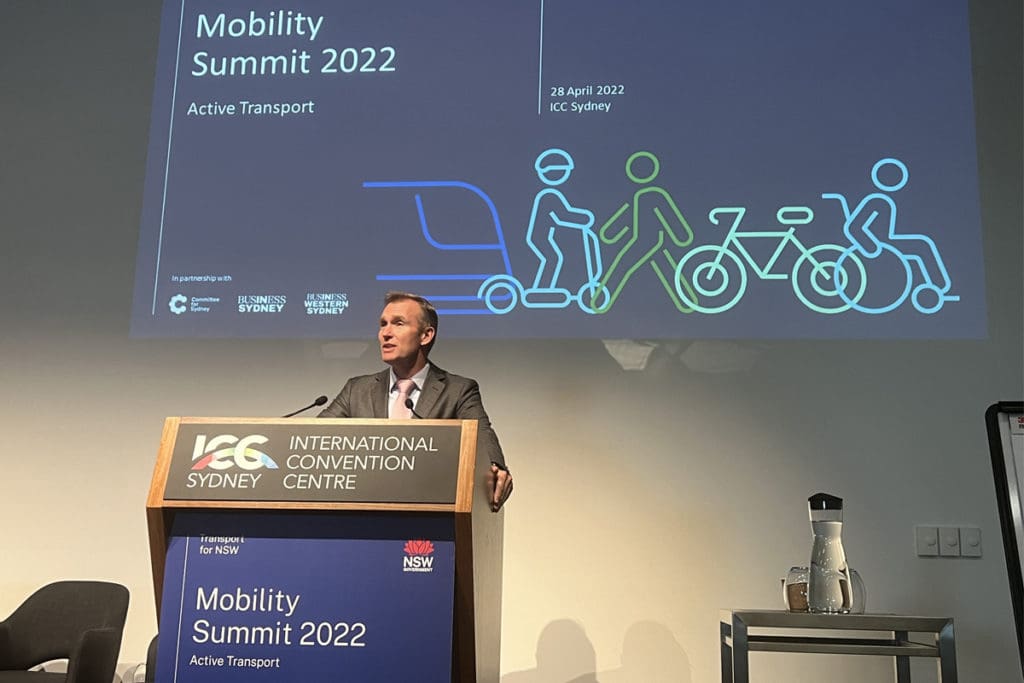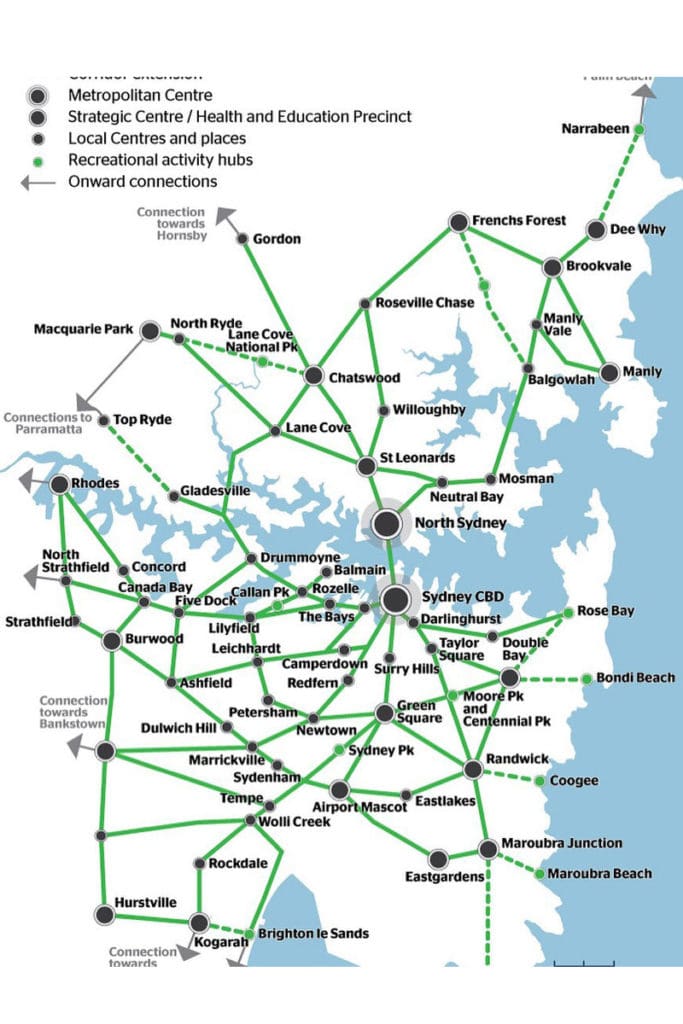Expedited NSW Scooter Trial Open to All Councils

Sydney, NSW
Local governments throughout NSW are being invited to participate in a state wide trial of e-scooter share services, after NSW Active Transport Minister Rob Stokes last week announced the pilots had been brought forward to July.
Speaking at an Active Transport Mobility Summit organised by the State Government, the Minister said the trial had originally been scheduled for October, to be run in conjunction with selected councils.
However, a high level of interest has prompted a decision to extend the invitation to all councils.
A briefing for interest local governments and share service providers will be held on May 13.
“We’ve had very strong feedback from a number of councils that they are really desperate to trial these schemes and we’re now inviting for that to formally occur,” Rob Stokes says in an article in Government News.
He says the COVID-19 pandemic had created huge enthusiasm for active mobility.
“We want to capitalise on it now before that spirit goes away,” he added.
Expressions of Interest
Transport for NSW has written to all NSW councils inviting them to submit expressions of interest.
Scooter share service operators have also welcomed the decision to conduct the trial sooner.
Beam, which operates scooter services in several Australian States and NZ, says it is already in discussions with a number of NSW councils who have expressed interest in a shared e-scooter trial.
Beam currently has operations in Sydney, Canberra, Adelaide, Brisbane, Townsville, Port Douglas, Magnetic Island, Perth, Bunbury, Esperance, Hobart and Launceston, as well as NZ cities Auckland, Wellington, Whangarei and Palmerston North.
Another provider with a similar level of activity in Australia, Neuron Mobility, also celebrated the announcement and said it was excited at the prospect of partnering with councils that might be considering an e-scooter trial.
Both companies were quick to emphasise the importance of safety and community education as part of any pilots.
Mr Stokes has said safety would be paramount during the scooter pilot, focusing on
“sensible and appropriate” regulations.
“While the trial will be confined to share schemes to start with, we are actively looking forward to a time when private e-scooters will also be a part of the active transport fabric, and am working to ensure only safe e-scooters are stocked and sold and legally used on our streets in time for Christmas,” he says in the Government News article.
Geo-fencing to be used to control scooter speeds and where they can be parked.
Further regulations for the trial will be made public in coming weeks.
Industry Welcomes Announcement
Beam’s General Manager for Australia and NZ, Tom Cooper, acknowledged councils and residents are likely to have concerns and questions about how shared micromobility would operate in their city.
“Our experience with introducing e-scooters – and we have them in metro cities and large regional towns all around Australia – is that both rider and community education is the key,” he said
“We have comprehensive rider education within the Beam app and on the e-scooters, and technology in-built into the e-scooters to regulate behaviour. We also engage with local community groups, particularly those representing blind/low vision or disability groups, to ensure shared e-scooters help and not hinder.
“We back our educational program up with constant upgrades to our hardware and software.
“For trials in NSW, we look forward to introducing our newest e-scooters, featuring dual suspension, larger wheels for stability, triple brakes and indicators.
“We will also be introducing Australia’s first drink riding prevention feature to Sydney, in the form of a cognitive test to deter riders from riding under the influence.”
Similarly, Neuron Mobility’s Head of Australia and NZ, Richard Hannah, says safety is the company’s top priority and dictates its scooter designs and how they are operated.
Neuron’s latest and safest e-scooters have larger 292mm wheels and wider footplates than other e-scooters for added stability, as well as a range of world-first safety features.
They include an app-controlled Helmet Lock which secures a safety helmet to the e-scooter, electronically releasing it to use at the start of the booking, and a topple detection feature that can detect if an e-scooter has been left on its side, alerting the operations team to reposition it safely.
The Transport for NSW Deputy Secretary of Cities and Active Transport, Kiersten Fishburn, said the State Government will provide Geographic System Mapping for trial services in each local government area, and help with data collection and promotion.
Time for NSW to Get On Board
In a statement after the summit, Mr Stokes said the event was all about recognising it is time for NSW to get on board with e-mobility and “recognising that technology is changing, that people are already using e-scooters and other forms of e-mobility”.
“We need to recognise that and we need to ensure it’s regulated in a way that liberates this new form of getting around,” he says.
“We need to do all we can as a government and as a community to make it as easy as possible for people to get around our beautiful city and our beautiful State.”

The Minister also used the summit to unveil a “strategic cycling corridors blueprint for the Eastern Harbour City”, promising an integrated network from the Northern Beaches south to Sutherland and west to Strathfield.
He dubbed the blueprint “Sydney’s answer to London’s super cycleway”.
“Keep your eyes peeled for the Western Parkland City and Central River City strategy next, with all six cities to be completed by the end of next year,” he says in a Facebook post after the event.
The Micromobility Report was part of the summit on 28th April. A more detailed report on the summit will appear in our next issue.
